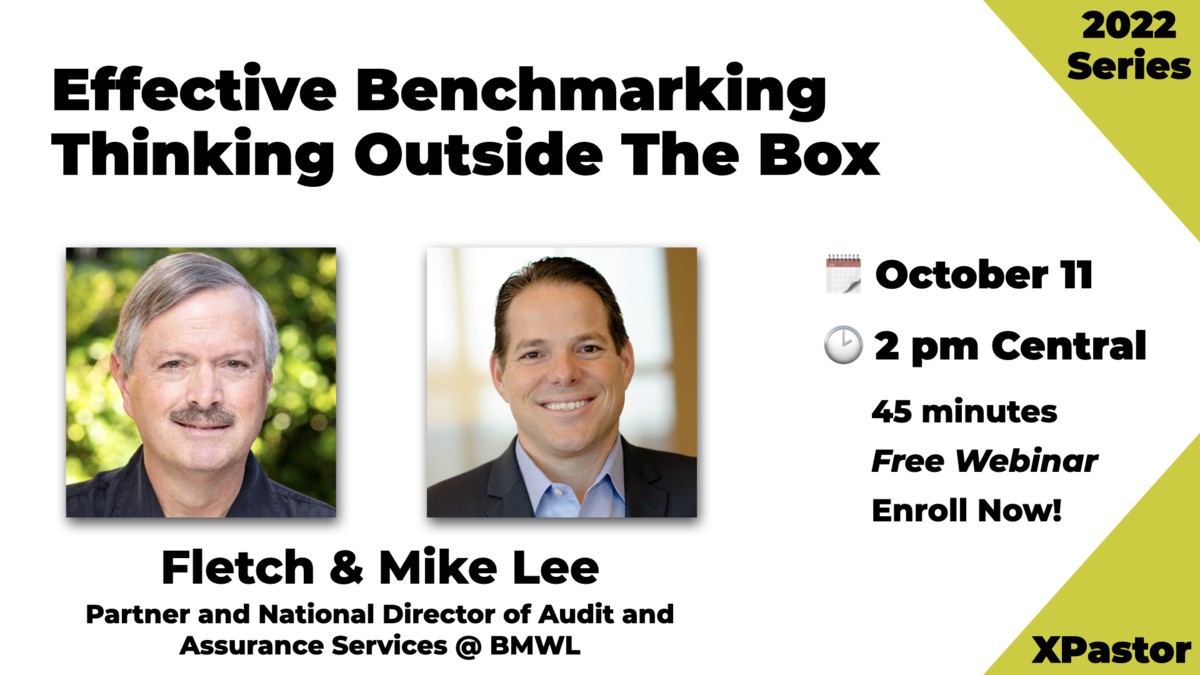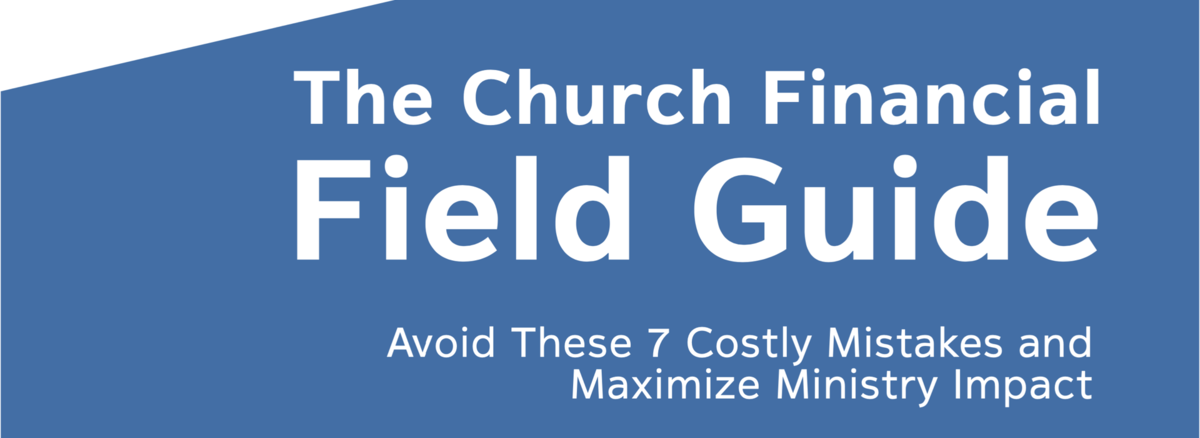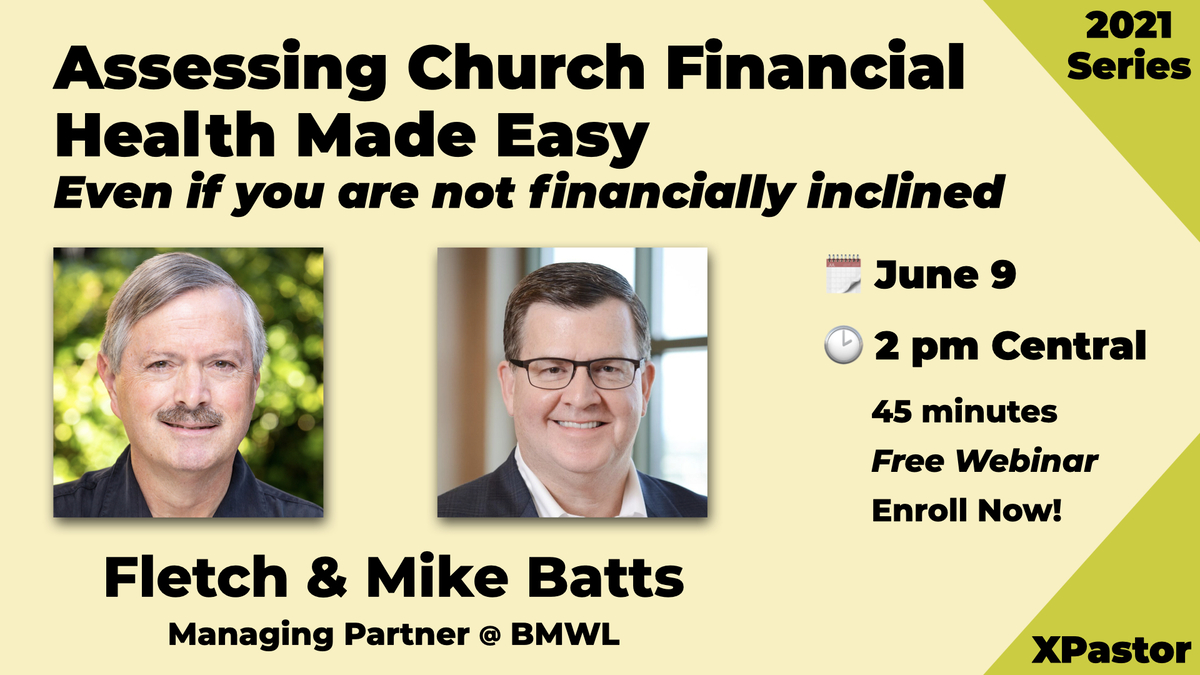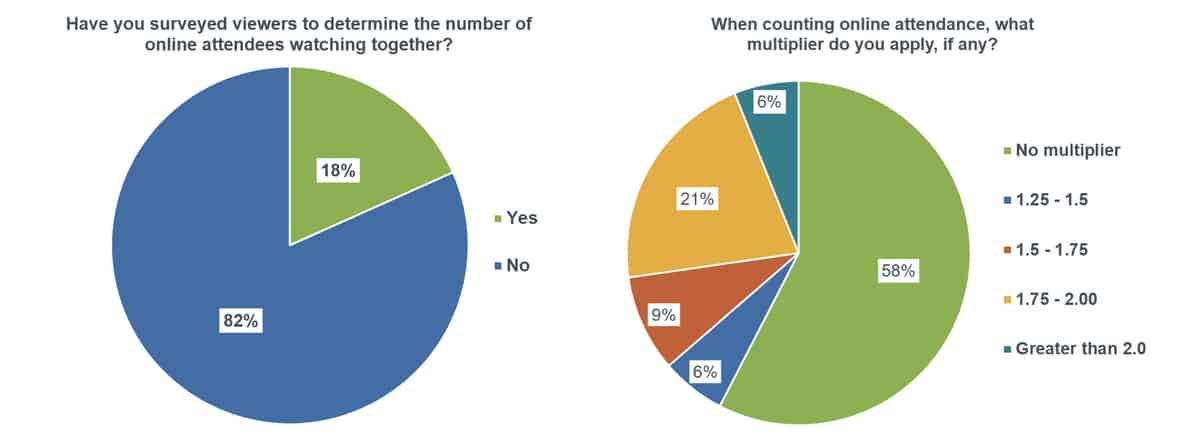Finances are a crucial aspect of our daily lives. We need them to provide for our basic needs, pay our bills, and pursue our dreams. However, it can also be a source of stress and worry, especially when we are struggling to make ends meet. As a Christian, I believe that our faith can guide us to financial peace and help us thrive instead of just surviving. In the next few lines, I will share my journey towards trusting God more in my finances, the challenges that I have observed among fellow Christians, and the lessons that I have learned along the way.
Personal Finances
I believe that God has given us resources not just to sustain ourselves, but also to bless others. When we are financially healthy, we can be generous and have compassion toward others who are in need. This is the kind of life that I aspire to live. On the other hand, it also needs wisdom from God to keep the right balance between investing in ourselves as a family, our future and investing in others. Always keeping in mind that it might sound Christ-like to give everything generously away. But not even Jesus, who had access to all the resources and finances that existed, came around solving problems through material goods. For our finances, this means to budget generosity towards others, so that we also have the financial capacity to invest into ourselves and our future. Therefore, we as a family take time to plan our finances and to learn about investing in real estate and understanding the legal tax system that we are a part of. This even went so far as to leave my employment to start my own business in real estate so that I could learn the full range of business, taxes and real estate. That required a lot of trust in God, as He is the provider of my family, not me.
The biggest challenge in pursuing financial peace is the temptation to put our trust in money instead of God. It’s easy to think that if we have more money, we will be happier and more secure. However, the truth is that money is perishable and can never satisfy our deepest needs. As Christians, we are called to put our trust in God and seek His kingdom first. When we do this, everything else will fall into place.
Unfortunately, not all Christians live up to this calling. Many are chained by their finances and burdened by debt and worry. Some may be giving to the church, but not with a joyful and generous heart. Instead, some give out of obligation or guilt. This is not the kind of generosity that God desires from us.
Church Finances
Moreover, churches themselves need their finances to grow and flourish. However, the way that money is managed within the church can also be a source of tension and conflict. Some churches may prioritize financial gain over spiritual growth, or use money to exert control over their members. This is not the kind of healthy financial culture that we should encourage.
Five questions pastors can ask themselves:
- Does my church give money to other ministries?
- Who in my team challenges my financial decisions as a pastor?
- What do I and the congregation feel when it’s time to talk about the tithe and offering at our church?
- How do finances and the vision of my church correlate with each other?
- Is God going to see me as a “Good steward” when it comes to finances at the end of my life?
We should encourage one another to challenge the status quo and move into stewardship. Stewardship means managing our finances in a way that pleases God. It involves giving generously, living within our means, and being accountable to God for how we use our resources.
Proverbs 3:9-10 shows that our acts of faith and obedience reflect a heart of gratitude and trust in God’s provision and sovereignty over our finances. We do not need more than him. He who gave everything for us and wants to bless us, once we trust him.
Honor the Lord with your wealth. Give him the first share of all your crops. Then your storerooms [future] will be so full they can’t hold everything. Your huge jars [lifestyle and living in the now] will spill over with fresh wine. Proverbs 3:9-10 NIRV
Over the years my wife and I have seen this Bible verse in action, especially at the times when we had little. As we have been trusting Him, we have seen that we might not turn into millionaires yet, but we always had more than enough to bless others and to invest in our own future.
Therefore, particularly for the times when young people are getting started on their own financial journey, pastors and churches have a chance to speak wisdom and biblical principles into their finances. I believe that the season when we manage our finances independently for the first time in our lives is crucial for creating healthy habits. Who is a good steward when entrusted with little, is ready to be entrusted with more responsibility in the future.
Financial Peace
As we grow towards financial peace, we must ask ourselves which area of our finances are not in line with what God intends. We must evaluate whether we’re the stewards that God has called us to be and learn from the lessons that we’ve gone through. For me personally this relates to the moment when I take decisions on what to buy. On one hand I want to be a good steward, that pleases God, on the other hand, I do not want to live a stingy life. It was and still is a journey to make wise decisions, as it all comes back to trusting Him with our finances and being accountable for how we use our God-given resources. In my own journey towards financial peace, I am learning to trust God more in every area of my life.
Looking to the future, I believe that trust and accountability are key to creating a healthy financial culture where God is first. When we trust God as our provider, and steward our resources well, we can experience the peace and abundance that He has for us. I am excited to continue on this journey, and to encourage others along the way through the ministry that I founded (Oaks International e.V.).











